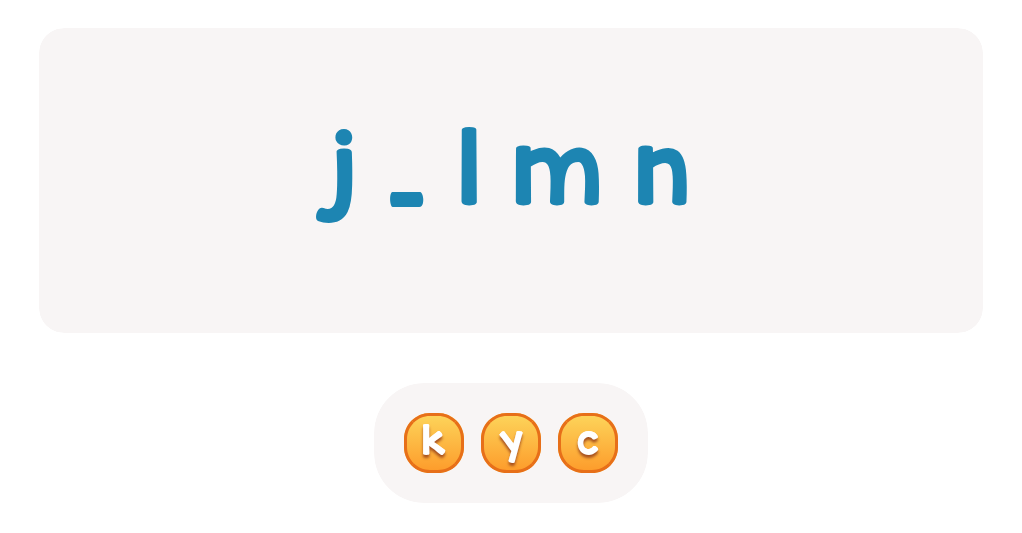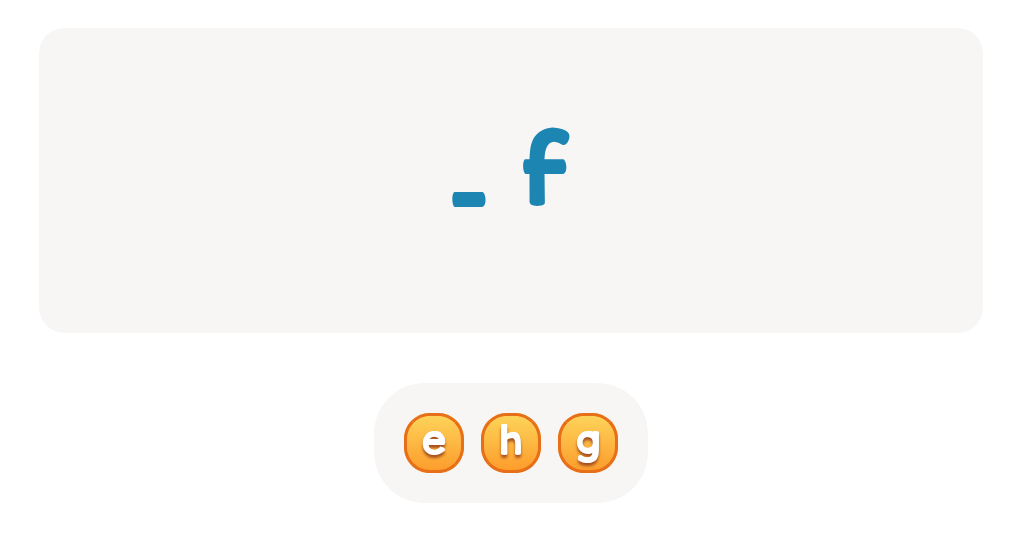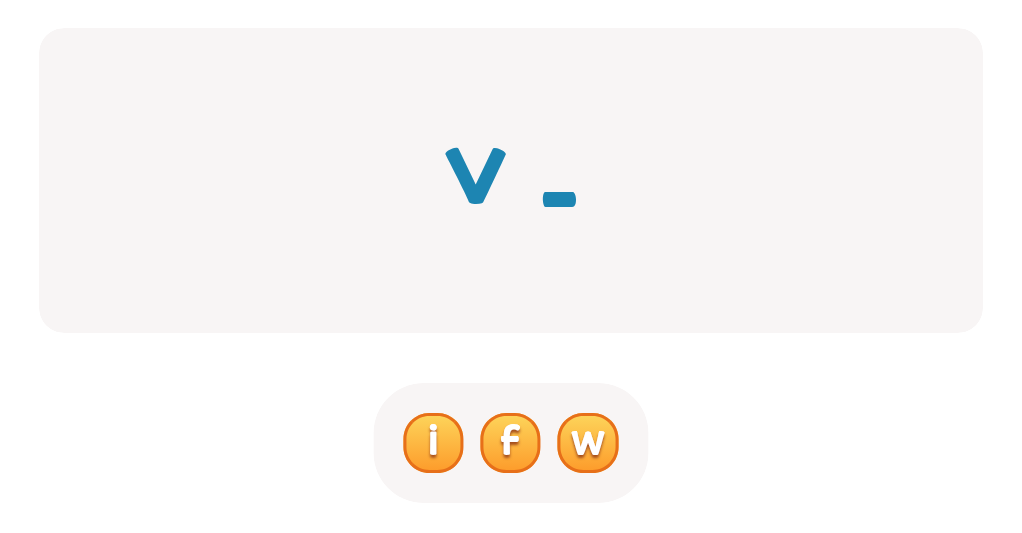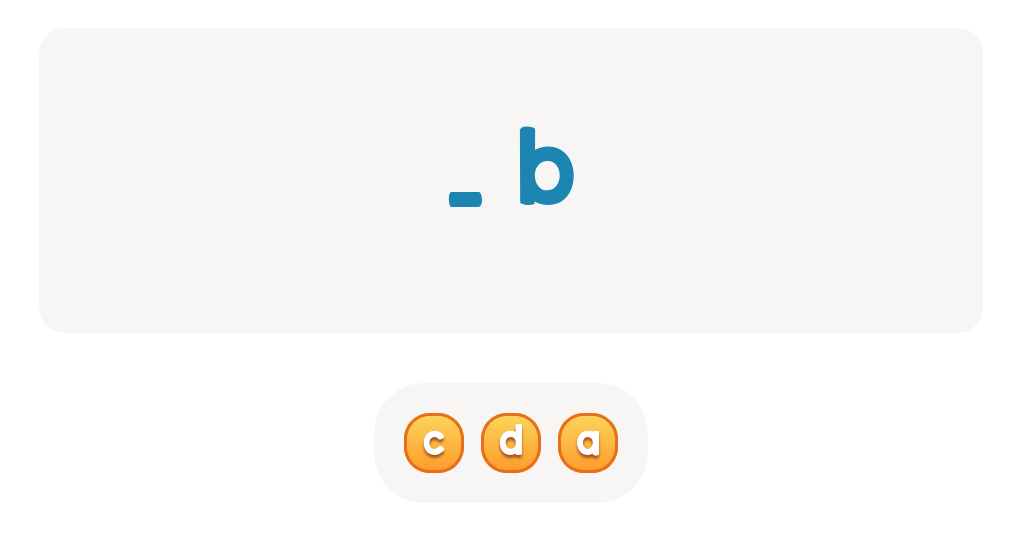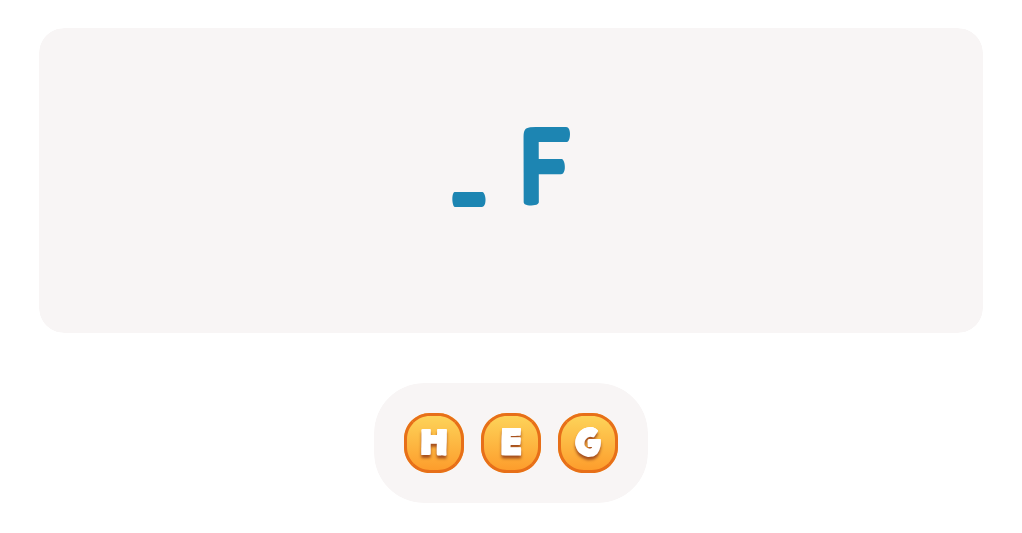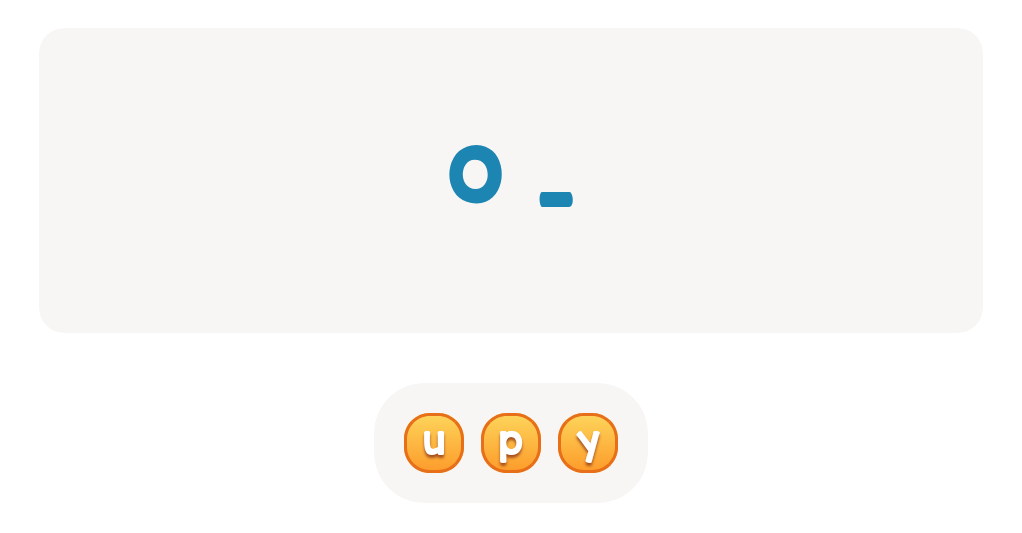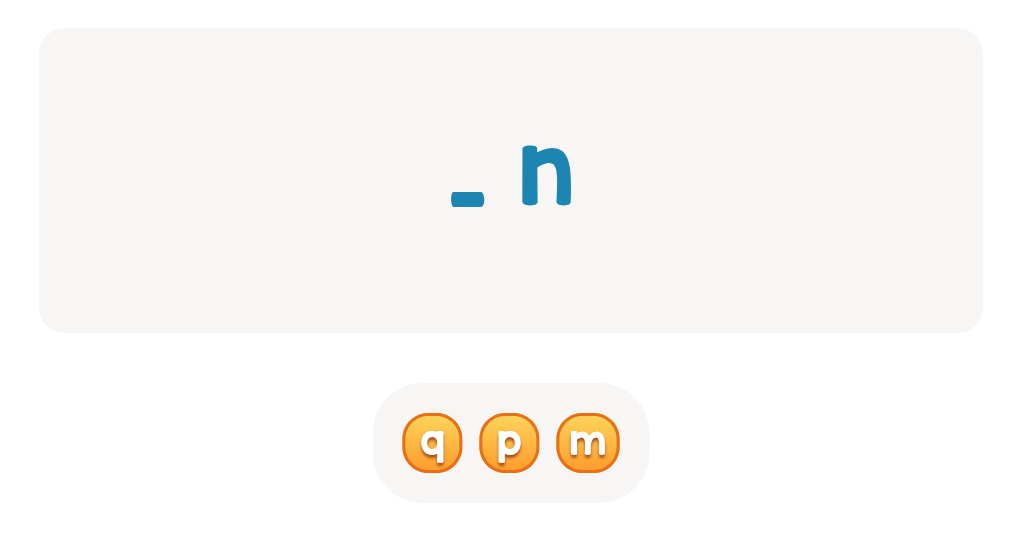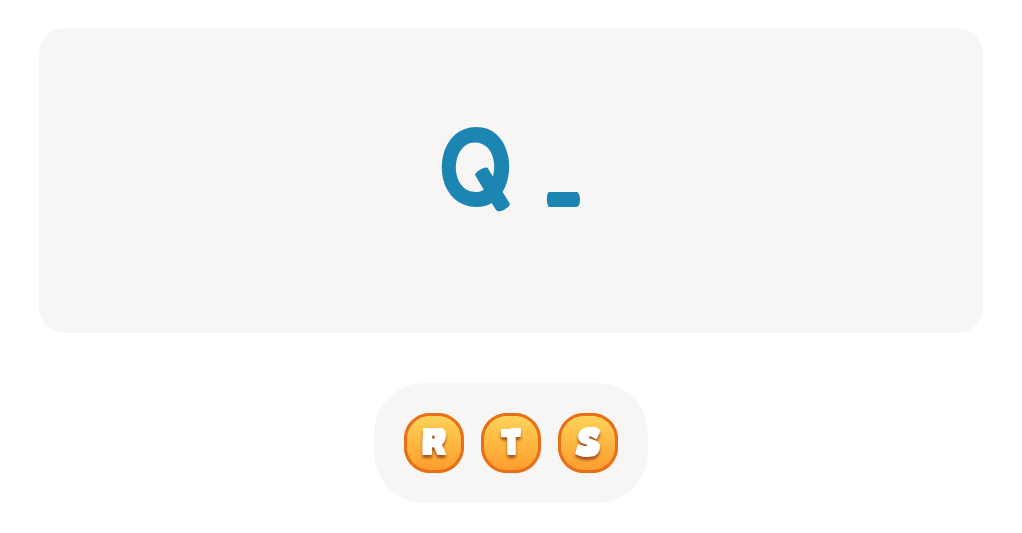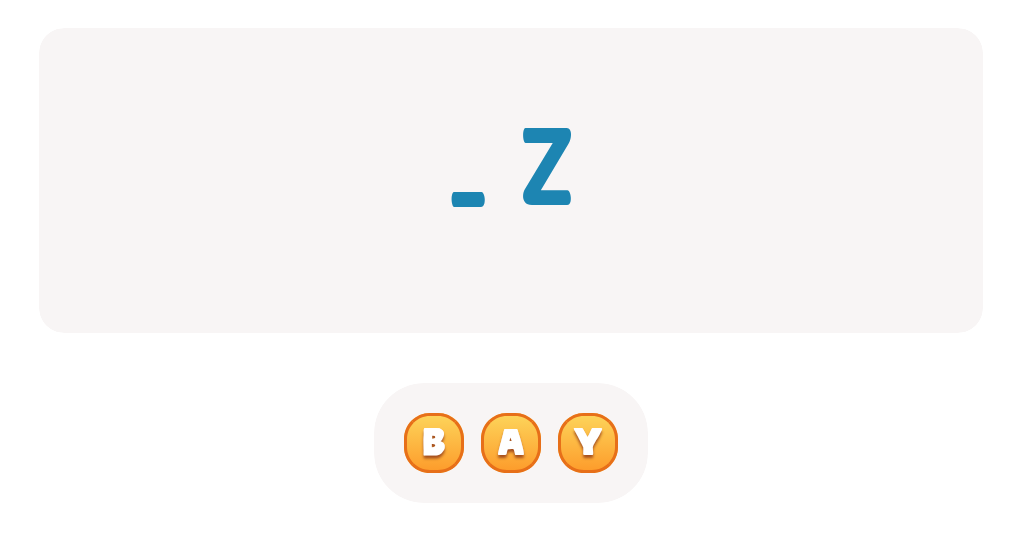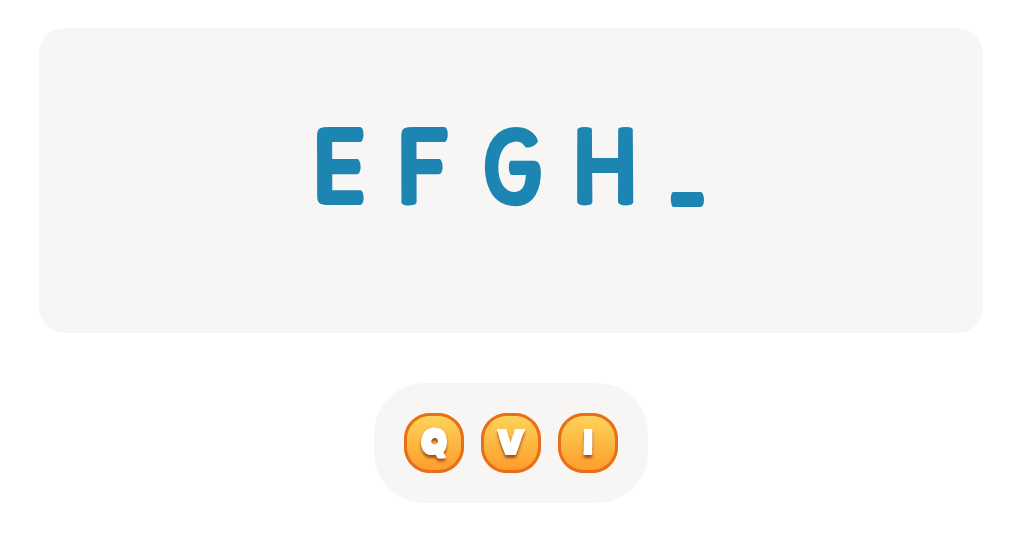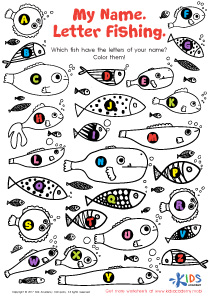Letter recognition ABC Order Worksheets for Ages 4-9
15 filtered results
-
From - To
Boost your child's reading readiness with our Letter Recognition ABC Order Worksheets designed for ages 4-9. These engaging printable activities make learning the alphabet fun and interactive. By arranging letters in the correct alphabetical order, young learners enhance their letter recognition and sequencing skills. Each worksheet is crafted to reinforce foundational literacy concepts in a playful yet educational manner. Perfect for use at home or in the classroom, our worksheets help children build confidence and proficiency in their reading journey. Make alphabet mastery easy and enjoyable with these expertly designed practice sheets!


Letter R Tracing Page


Letter X Tracing Page


Letter P Tracing Page
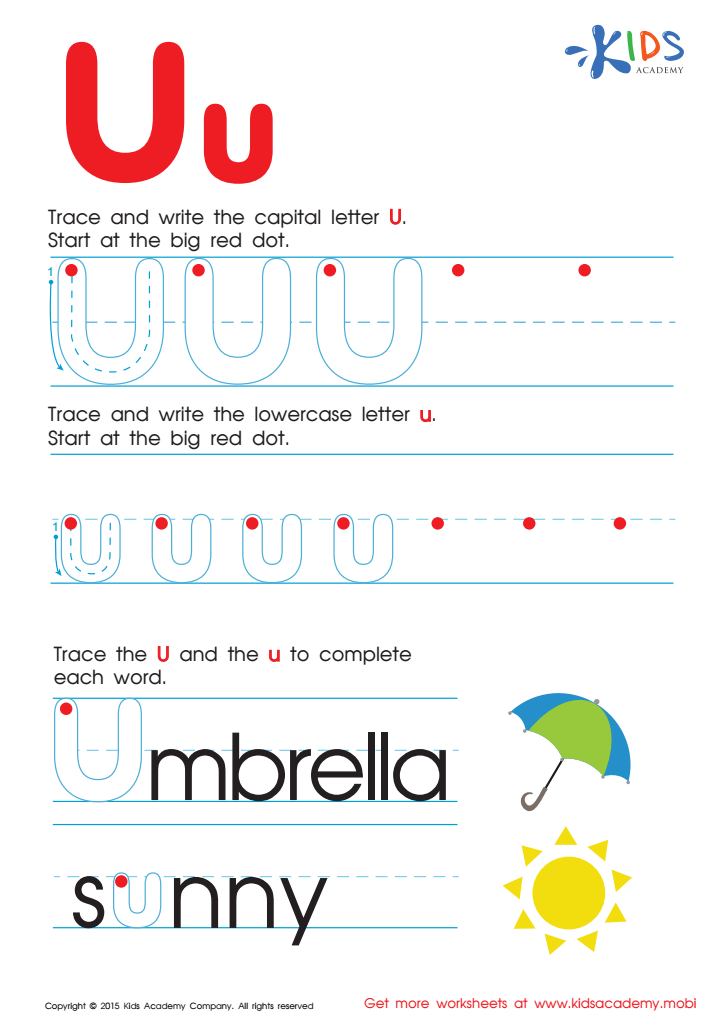

Letter U Tracing Page
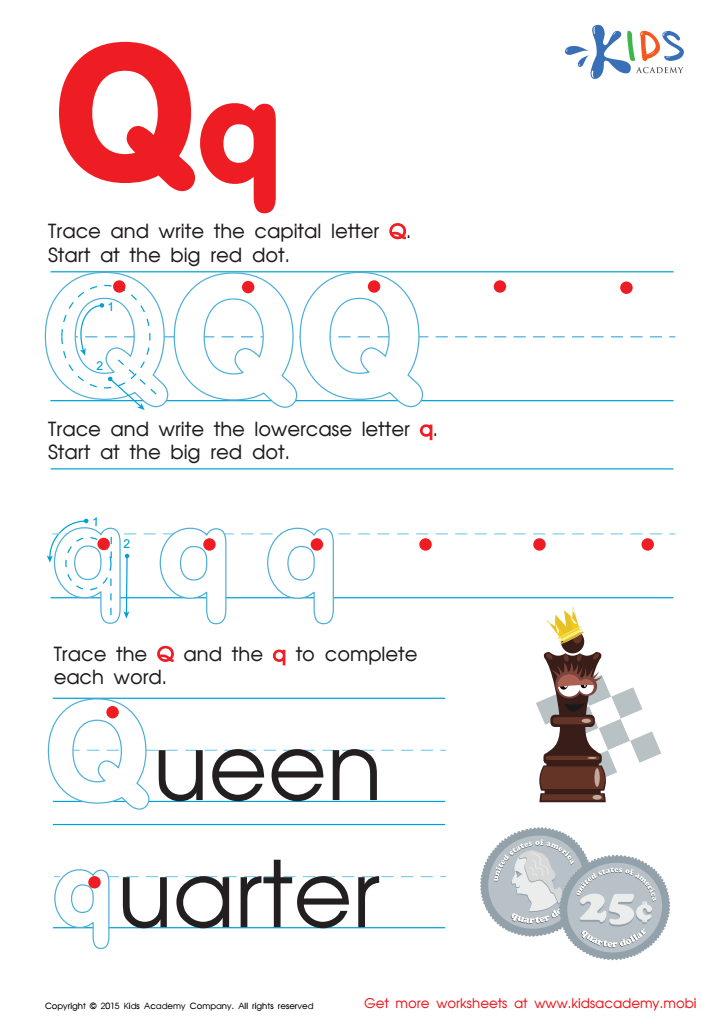

Letter Q Tracing Page
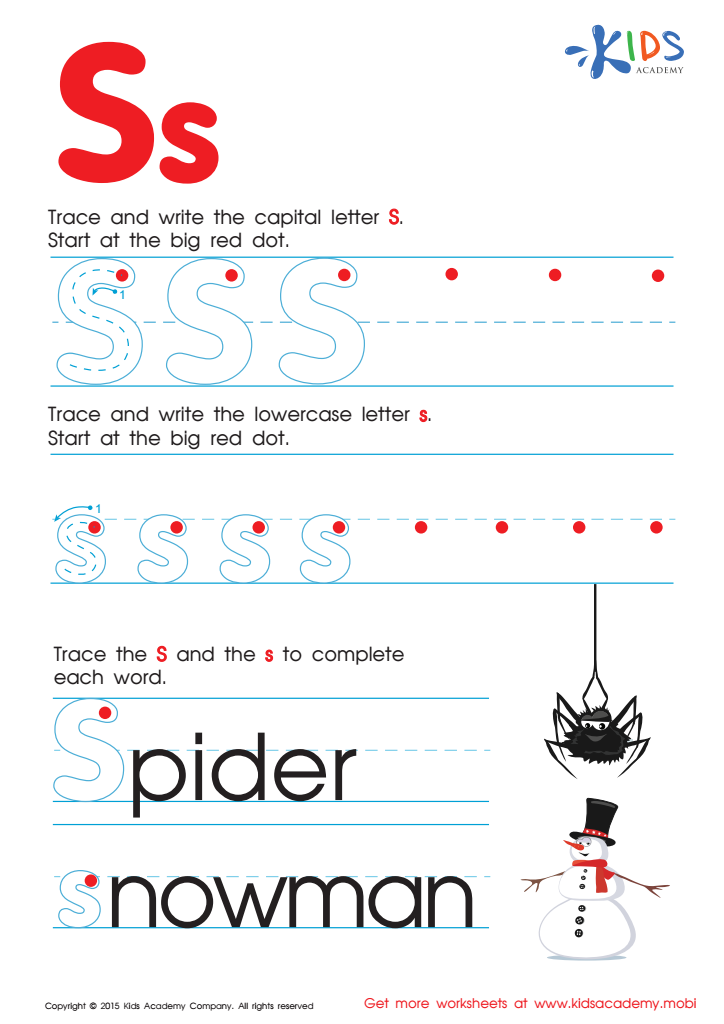

Letter S Tracing Page
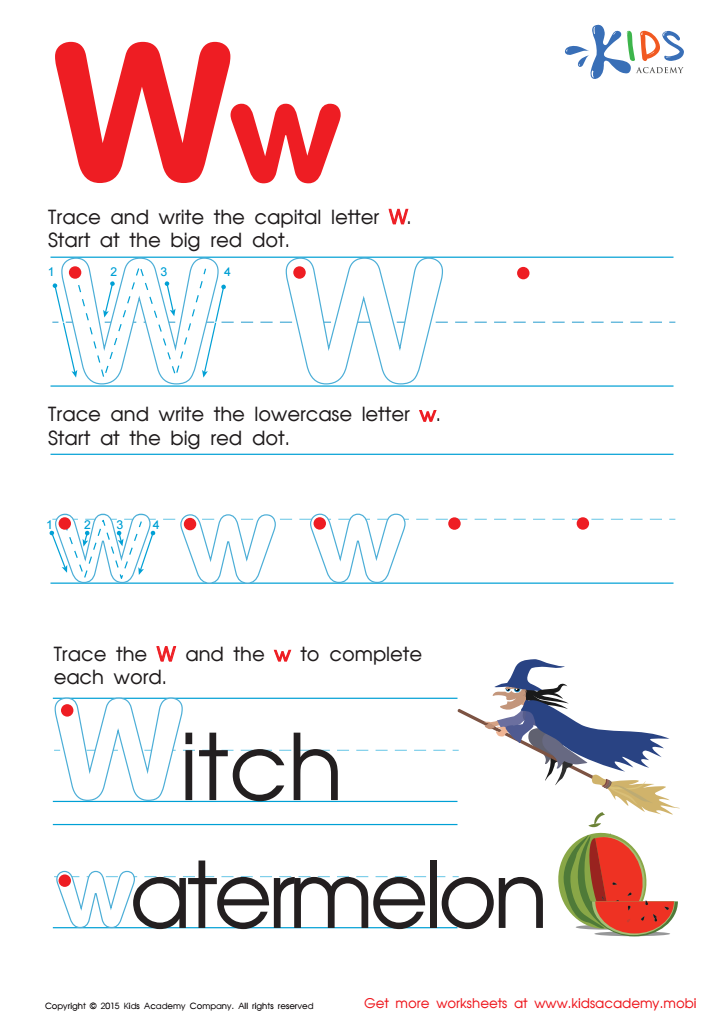

Letter W Tracing Page


Letter H Tracing Page
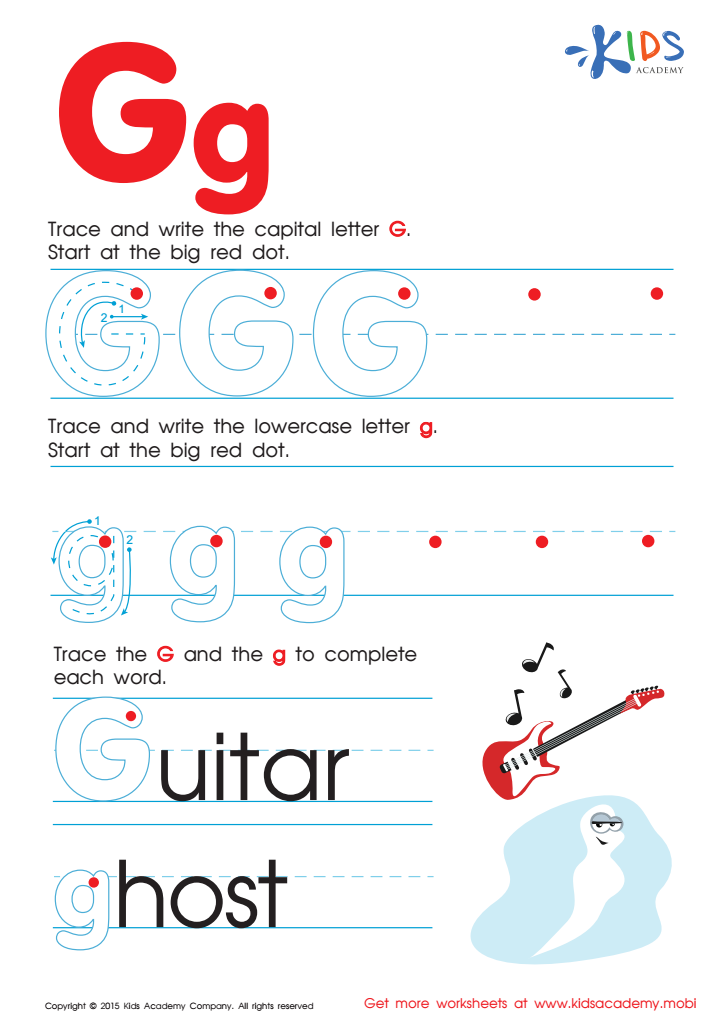

Letter G Tracing Page
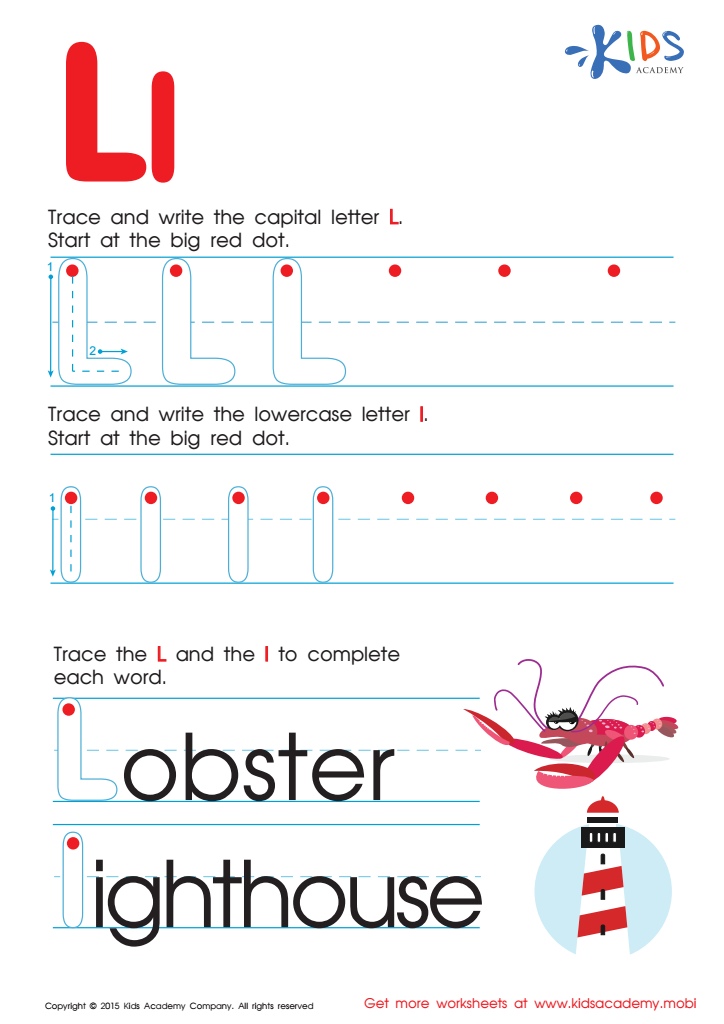

Letter L Tracing Page
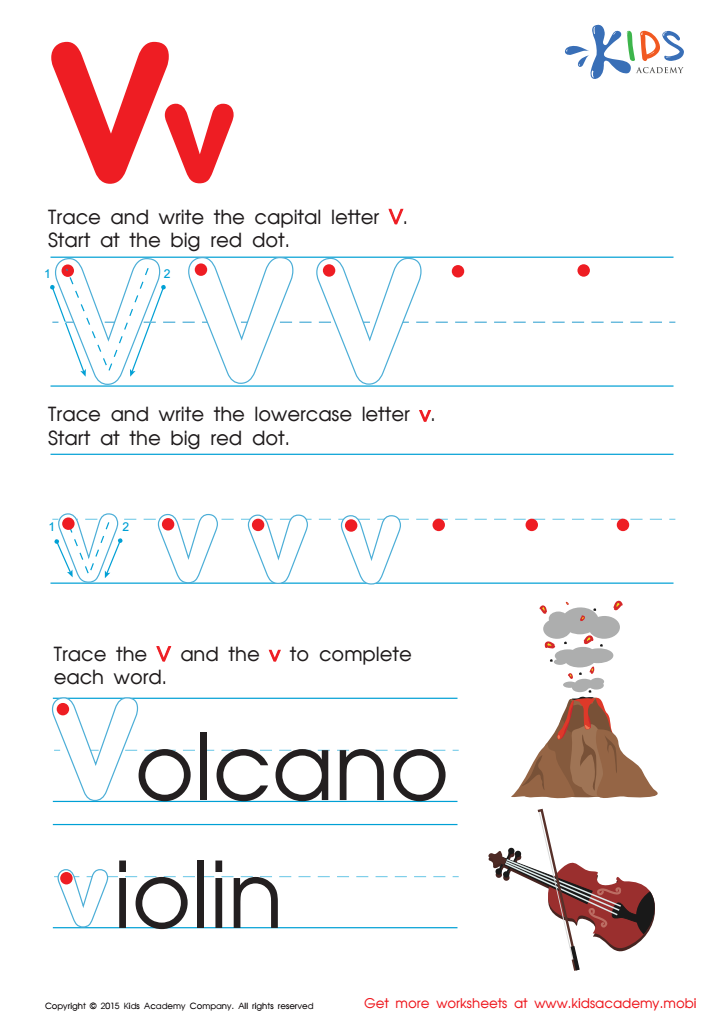

Letter V Tracing Page
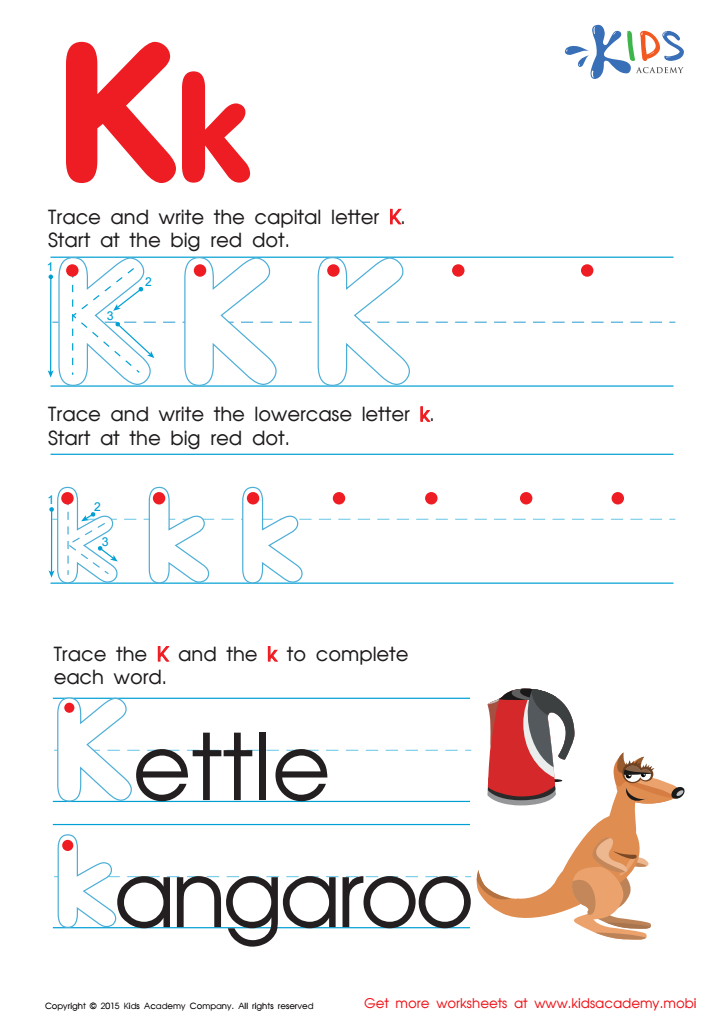

Letter K Tracing Page
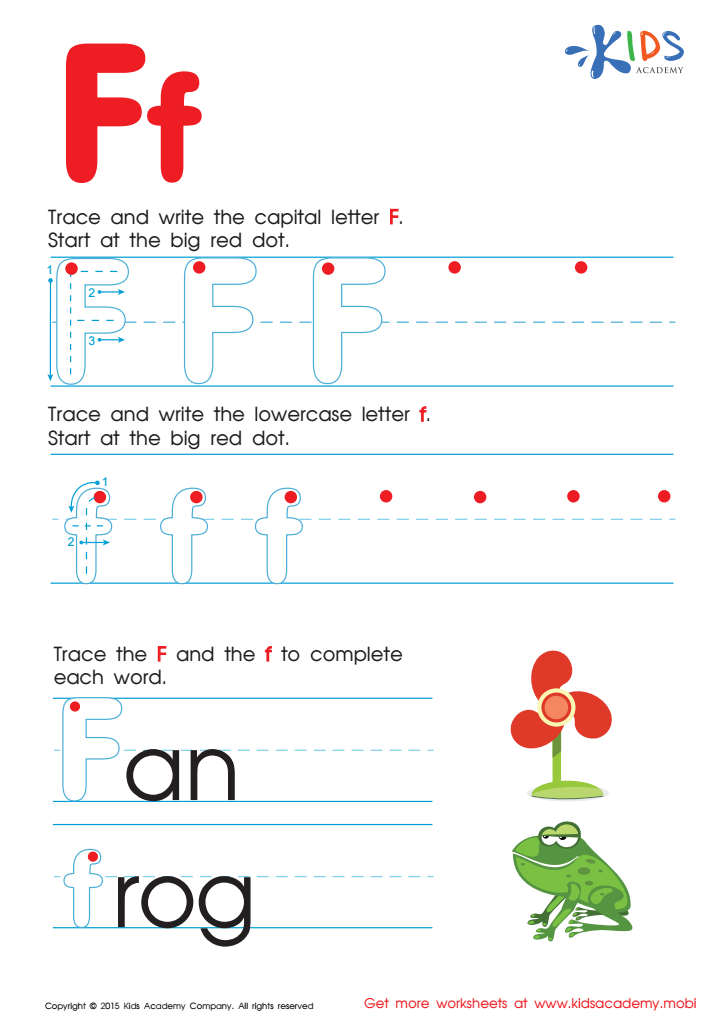

Letter F Tracing Page
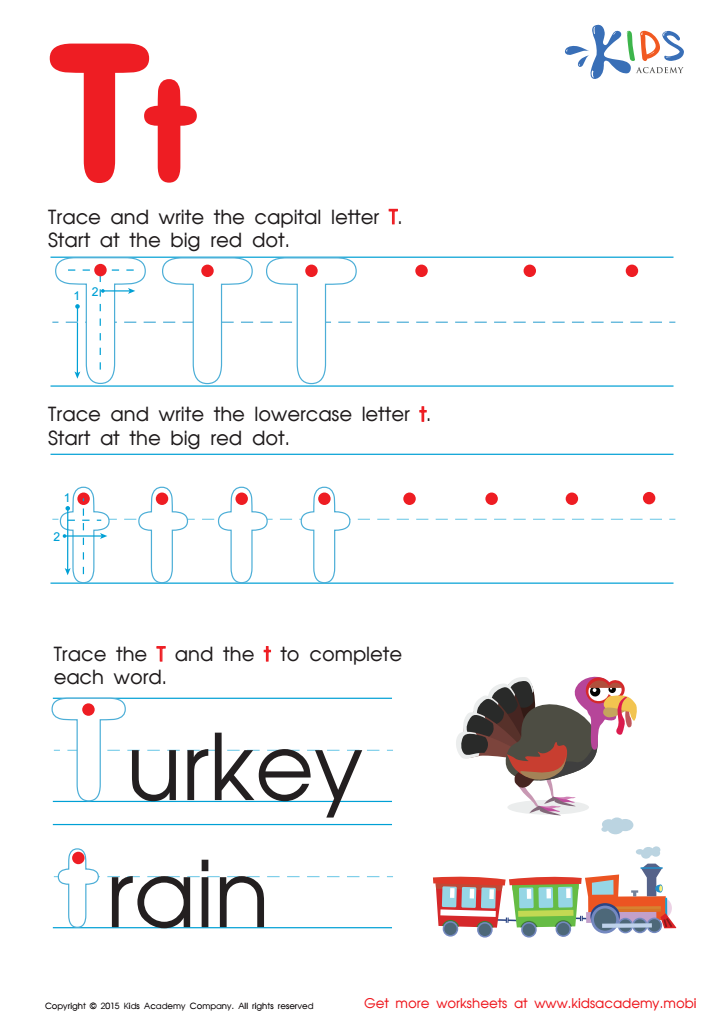

Letter T Tracing Page
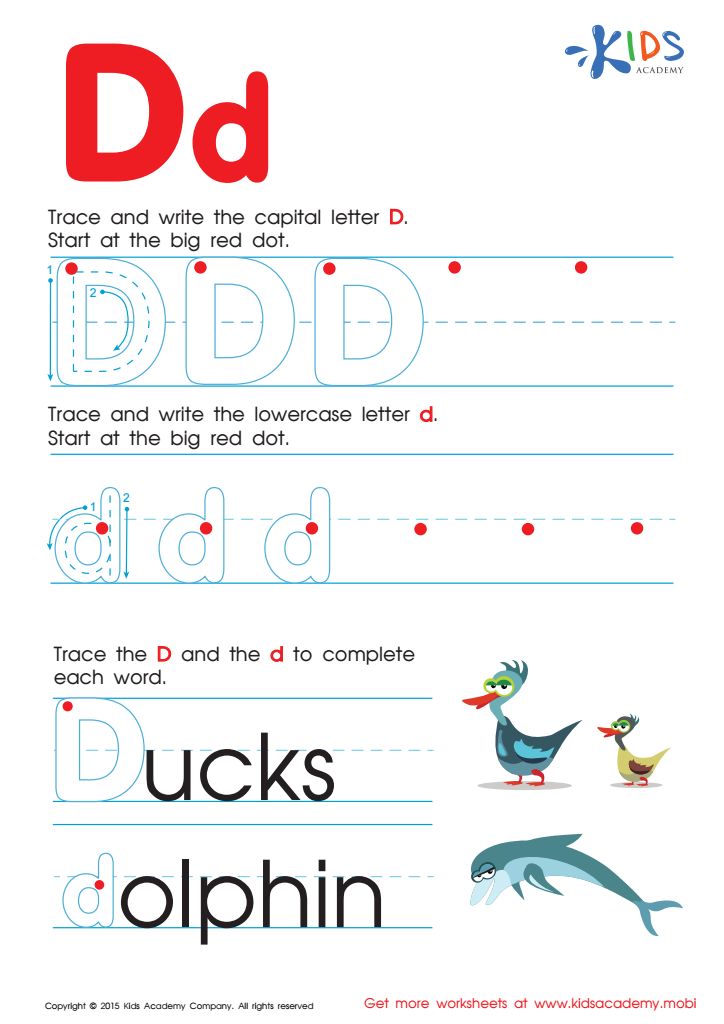

Letter D Tracing Page
Letter recognition and ABC order are foundational skills essential for early literacy development in children aged 4-9. Early mastery of these competencies provides a critical building block upon which further reading and writing skills are established.
Letter recognition is the ability of a child to identify letters in both uppercase and lowercase forms. This skill is crucial as it forms the basis for phonemic awareness, where children learn the sounds associated with each letter. Phonemic awareness, in turn, supports decoding skills, enabling smoother reading of words. Children who can easily recognize letters feel more confident in their literacy journey, which fosters a love for reading and learning.
Grouping letters in ABC order aids children in understanding not just individual letters but the sequence and structure of the alphabet. This practice sharpens both memory and cognitive organization. Identifying the ordered sequence of ABCs strengthens their ability to sort, categorize, and retrieve alphabetical information, aiding in skills like dictionary use, name-finding, and mental organization of data.
Parents' and teachers' proactive engagement in nurturing these skills through games, reading activities, and practice ensures children develop a solid literacy foundation. Such preparation empowers children, setting successful pathways not only academically but lifelong, enhancing their ability to communicate effectively and think critically.

 Assign to My Students
Assign to My Students
